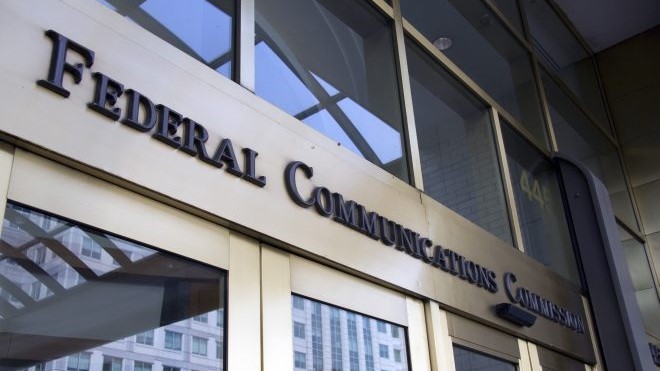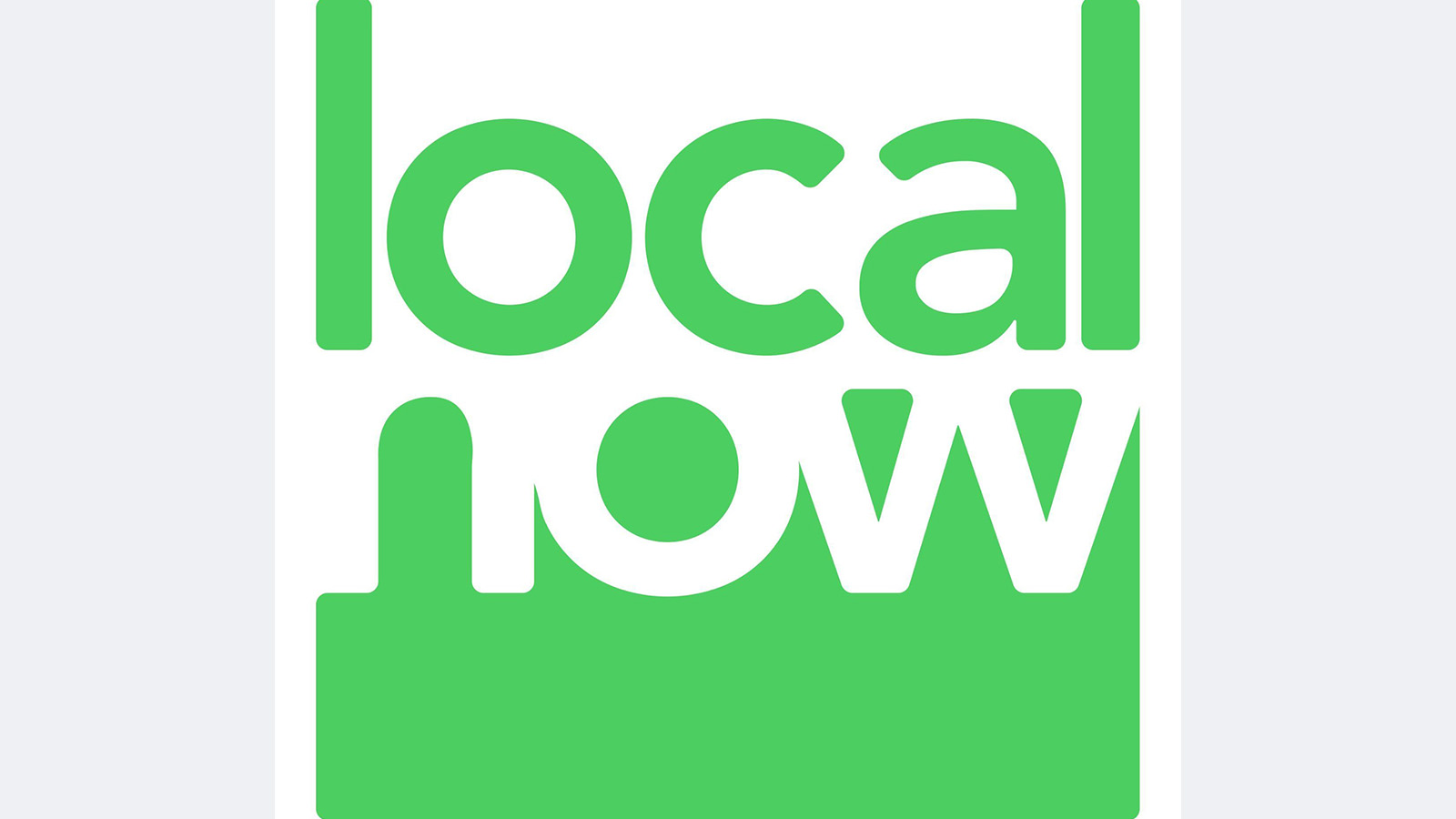Network Affiliates Push FCC for OTT Must Carry
Follow NAB comments that mandating that streamers provide their own alerts is currently infeasible

WASHINGTON, D.C— The National Association of Broadcasters and the network affiliate broadcaster associations are giving the FCC a lot to think about when it comes to whether to extend emergency alert requirements to over-the-top video services.
In comments filed last month, NAB said for a number of reasons streamers weren't equipped to deliver the alerts. Network affiliates suggested in their own comments this week that, if that were the case, there was a ready solution. All those streamers need to do is carry local TV station signals on their streaming services, which they are pushing the FCC to mandate.
"[T]he Four Affiliates Associations urge the Commission to note in its forthcoming report to Congress that Internet-based streaming services can and should be required to carry local broadcast signals in every market, to ensure that EAS information and other emergency warnings reach all viewers in every market across the country," the affiliates said.
And, taking a page from the satellite-TV carriage requirement, they argue if the streamers carry one such stream, they can and should carry them all.
In reply comments on the FCC's inquiry for a report back to Congress into whether streamers should be delivering alerts, given the rise in popularity of streaming services like those co-owned with ABC (Disney Plus), CBS (Paramount Plus) and NBC (Peacock), the affiliate associations representing ABC, CBS, NBC and Fox said that sounded about right to them.
As the networks move their programming to online platforms, affiliated stations are concerned about being cut out of the equation or their network programming losing ad dollars and viewers to the online versions.
In reply comments this week on the FCC's inquiry about whether or not streamers should be delivering alerts, given the rise in popularity of streaming services like those co-owned with ABC (Disney Plus), CBS (Paramount Plus) and NBC (Peacock), the affiliate associations representing ABC, CBS, NBC and Fox said it sounded about right to them that streaming services should provide alerts by carrying local stations.
Get the TV Tech Newsletter
The professional video industry's #1 source for news, trends and product and tech information. Sign up below.
"The Four Affiliates Associations recognize that, in order to best fulfill the public informational and safety purposes underlying the EAS, alerts must be made available not only to those viewers watching the over-the-air streams of television broadcasters in their local communities (or via local broadcasters’ streams on traditional multichannel video programming distributors), but also those who primarily or exclusively rely on streaming or other Internet-based distribution services to access video programming," the affiliates told the FCC Monday (June 14). "Unless and until EAS obligations are extended to Internet-based programming distribution platforms, those platforms’ viewer/subscribers are at risk of missing the essential emergency information made available by local television broadcasters," the affiliates said.
As a result, they urged the FCC to tell Congress that streaming services should be required to deliver alerts.
They point out that "some commenters," including streaming services, have objected to the EAS obligation, saying it can't be done or that it is "duplicative, unnecessary, and [would] likely lead to viewer exhaustion.”
But while the stations cite AT&T and the Motion Picture Association (whose members include the studios behind Disney Plus, Hulu, ESPN Plus, Peacock, Paramount Plus and HBO Max) for making arguments against the streaming mandate, those "others" also included NAB, which argued that the technological challenges make it "extremely burdensome, and likely infeasible, to update the EAS system to enable alerts to consumers provided through the internet, including through streaming devices."
NAB said its position was that the FCC should not require streamers to provide their own alerts, but a spokesperson told NextTV the association had taken no position about reaching streaming audiences by requiring those services to carry local TV signals. NAB's position was based on the feasibility, or lack of it, of streaming services doing their own alerts and stopped short of taking the affiliates' next step of mandating the broadcast solution, the spokesperson said.
The affiliates said that streaming services' arguments against compliance "defy common sense and ignore the importance of ensuring that all television viewers are alerted in times of emergency."
As to infeasibility, "streaming services are not ill-equipped to distribute EAS information, and no wholesale reconfiguration of Internet-based programming distribution technology would be needed to guarantee that appropriately targeted EAS information reaches viewers via streaming platforms," the network-affiliated stations told the FCC.
They said that streaming services can carry the live feeds of broadcasters in the communities the streamers serve. "This has previously been accomplished within the contexts of cable and satellite. It can work just fine with streaming services as well."
They point out that some streaming platforms have been able -- even eager -- to negotiate broadcast station carriage, suggesting that the refusal by others to include live, local programming "is a choice, not an insurmountable obstacle — technological or otherwise."
The companies behind the top streaming services agreed with the FCC that delivering potentially life-saving emergency alert information to the public is of "paramount importance," but they argued their OTT services should not be required to participate in that system, saying it would not appreciably increase the number of people who get such alerts but would appreciably increase the burden on streamers if they were required to deliver them.
